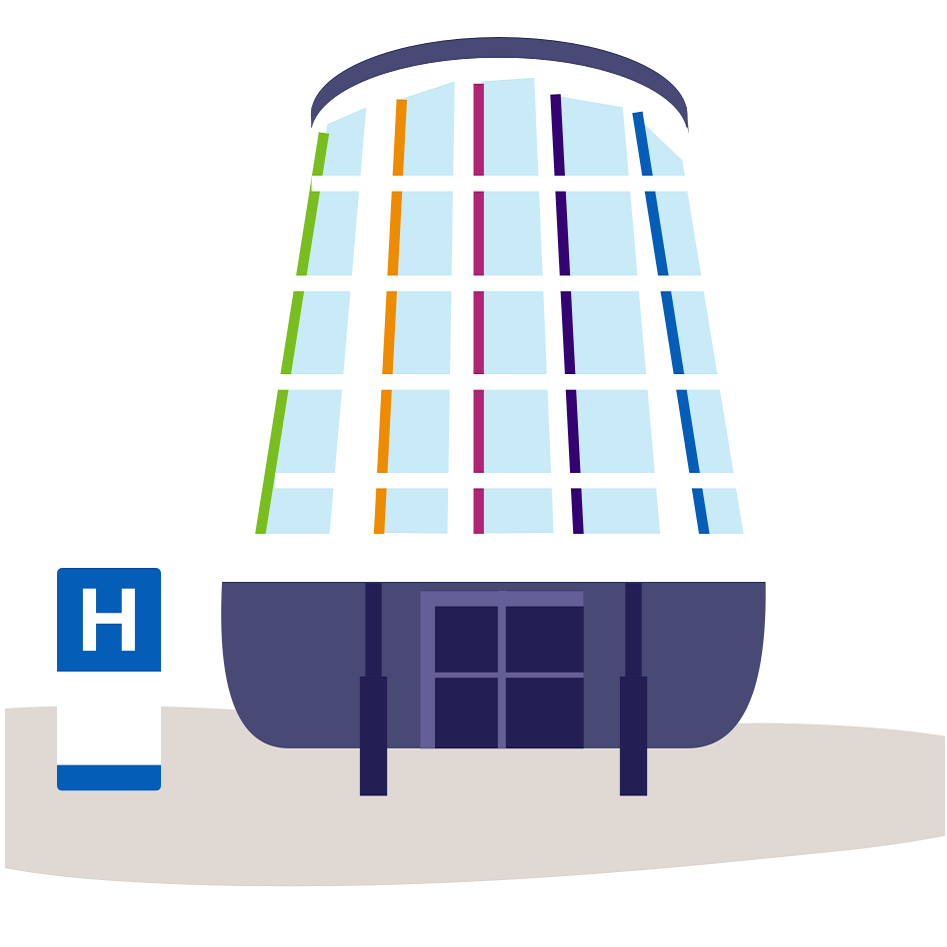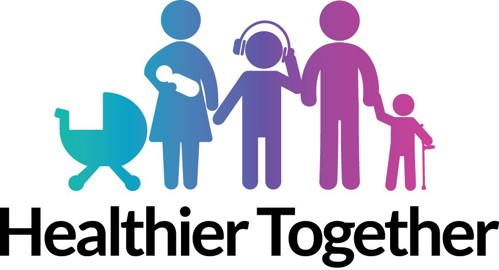Click here for printable versions of this leaflet in:
| English | Arabic عربى | Mandarin普通话 |
| Polish (Polskie) | Romanian (Română) | Urdu اردو |
| Farsi فارسی |


This advice is intended for parents/carers taking their child home after consulting a doctor. Your doctor may recommend different treatments depending on your child's condition.
Advice for parents and carers of children younger than 5 years
 |
|
|---|---|
|
If your child has any of these signs:
|
You need help now. Go to the nearest Hospital Emergency Department or phone 999 |
 |
|
|---|---|
|
If your child has any of these signs:
|
You should speak to a doctor or nurse today. Call your GP surgery or call NHS 24 - dial 111 |
 |
|
|---|---|
|
If your child has none of the above signs |
Self care You can keep looking after your child at home. If you are still concerned call NHS 24 – dial 111 |
Content adapted with permission from the what0-18.nhs.uk resource produced by the Healthier Together initiative

We are one of the leading paediatric care centres in the UK, and the largest in Scotland. We provide family centred care to newborns, infants, children and young people both in hospital and in the community.
https://www.glasgowchildrenshospitalcharity.org/